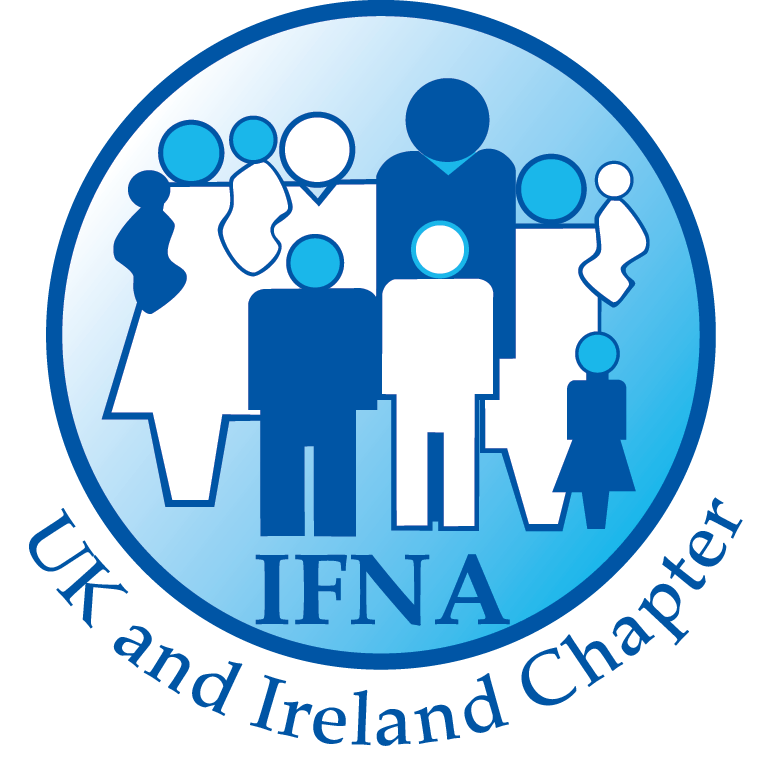Given that one in every ten of the world’s children has a disability (1) the International Disability Day offers the opportunity to reflect on how nursing has been transformed from caring for disabled children within institutional settings to its current aim for family nursing. This includes caring for children within their own homes whenever possible.
Family nursing within the UK has been heavily influenced by the pioneering work started in the 1940s by Joyce and James Robertson (2). James filmed young children in hospital having witnessed the distressing effects of hospitalisation on their infant daughter. Strict hospital policies at the time allowed only minimal visiting and at times only viewing children through windows. The Robertsons were deeply concerned to see the obvious stages of distress, despair, and detachment children experienced once separated from their caregivers.
The Robertson’s findings reflect my own childhood experiences during the 1960s due to an arthritic condition requiring long periods in an orthopaedic hospital. Visiting times were two hours, three times a week, even though wards included babies spending months in plaster casts. That such practices risked the babies’ future emotional well-being had become evident since the 1950’s through Bowlby’s work (3). He recognised the infant’s need for tender bodily contact, with its main caretaker and developed the concept of ‘maternal deprivation’ to explain disturbed behaviour in children and adolescents who had experienced such early separation.
However, the Robertson’s work was not well received, and changes came only after a long time and much persuasion. It is worth noting that whilst doctors rejected his findings as atypical, it was nurses who recognised their validity and persuaded doctors to change practices and allow mothers onto wards to help care for their children.
Greater recognition of the need to consider the whole family has meant an essential reduction in emotional distress experienced by disabled children but increased stress felt by their family. For example, mothers are often likely to be the main caretaker and suffer tension between working and providing care. Fathers often feel guilt at seeing their overburdened partner and are reticent to express their feelings. Siblings may resent the extra attention paid to the disabled child and often grandparents are required for support (3).
Recognising the need to take account of such impact on the whole family has created increased challenges for nurses. Their role can now also include such diverse elements as offering advice, teaching parents complex forms of treatment, liaising with schools and social services and much more. Nevertheless, rising to these challenges has meant nurses have achieved enormously positive outcomes. Indeed, not only has family nursing meant improving the quality of life for children born with disabilities, but also has helped to prevent disability such as, for example, reducing lengthy periods of bed rest.
On this International Disability Day, it is, therefore, appropriate to note the importance of family nursing given it reflects UN (2007) principles. These maintain that it is the best interest of children with disabilities that they are not separated from their family and when this is not possible alternative care should be within some form of family setting (4).
Jenny Waite-Jones, Visiting Health and Developmental Psychologist, School of Healthcare, University of Leeds.
References:
- United Nations Commemoration of the International Day of Persons with Disabilities and the fifteenth anniversary of the Convention on the Rights of Persons with Disabilities (2021). concept note: “Leadership of the new generations: Children and adolescents with disabilities and their voices post COVID-19.”
- Waite-Jones, J.M., & Rodriguez, A. (2022). Psychosocial Approaches to Child and Adolescent Health and Wellbeing. London. Palgrave Macmillan.
- Waite-Jones, J.M. (2009). The impact of Childhood Chronic Illness on Family Life.8. in Health Psychology in Context. Ed. J. Gilmartin. Chichester, Wiley-Blackwell. ISBN978-0-470-06629-4
- International Day of Families 15 May 2007 “Families and Persons with Disabilities” United Nations Convention on the Rights of Persons with Disabilities, accessed at http://www.un.org/esa/socdev/enable/conventioninfo.htm United Nations Enable Website: http://www.un.org/esa/socdev/enable/

